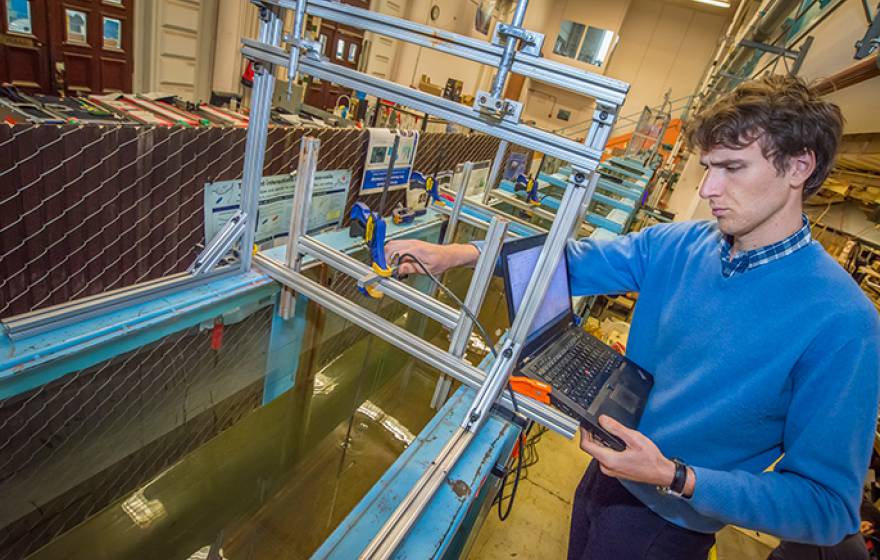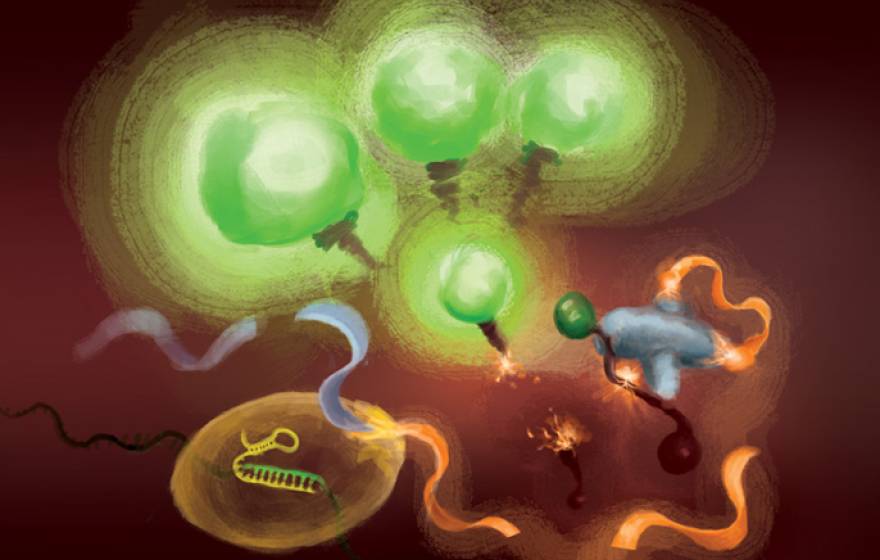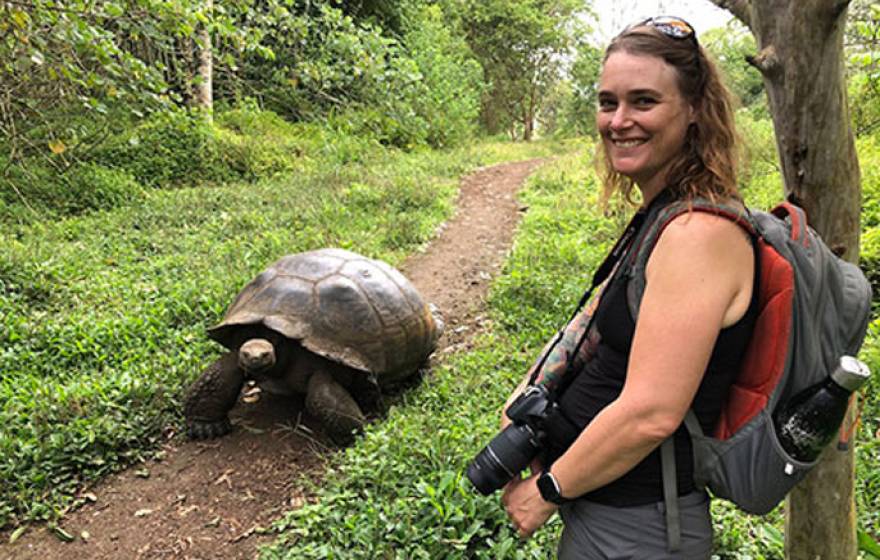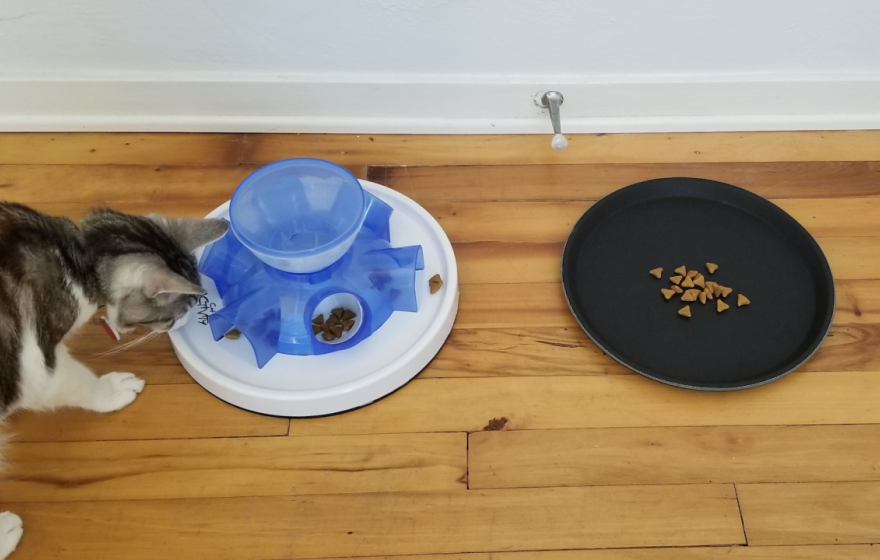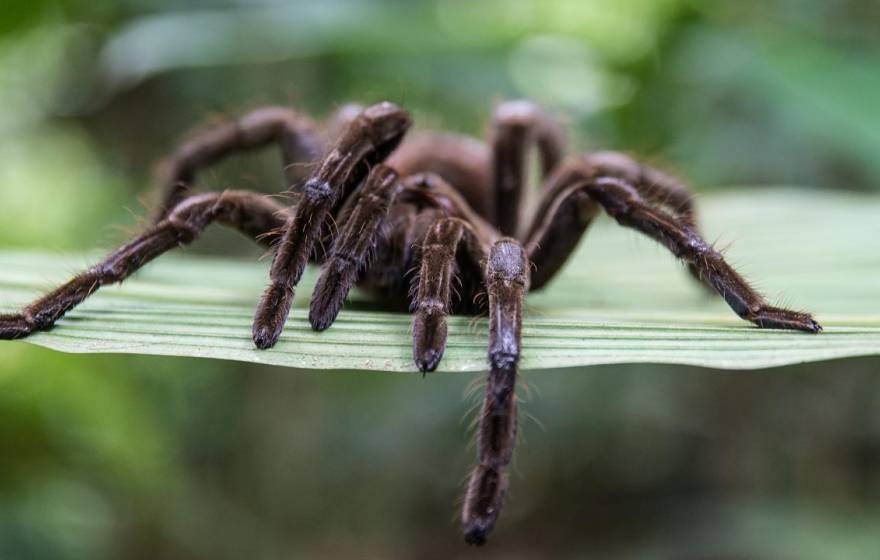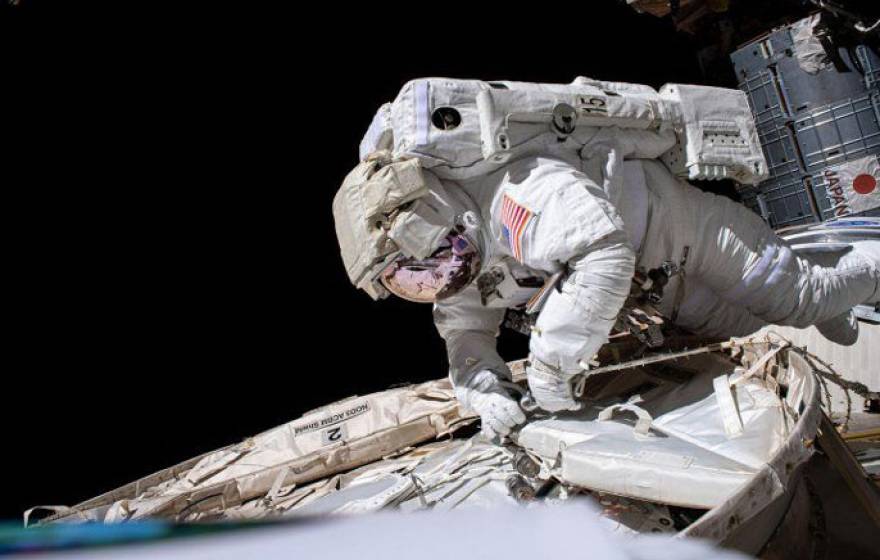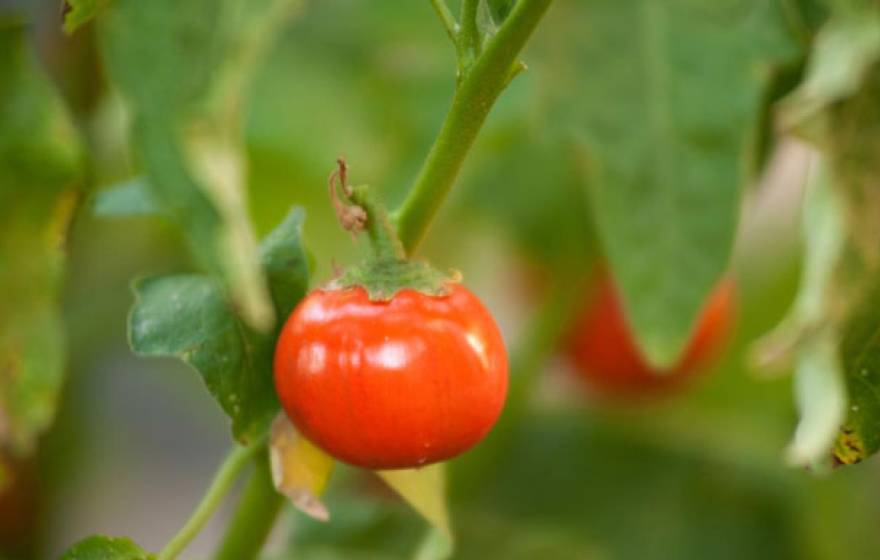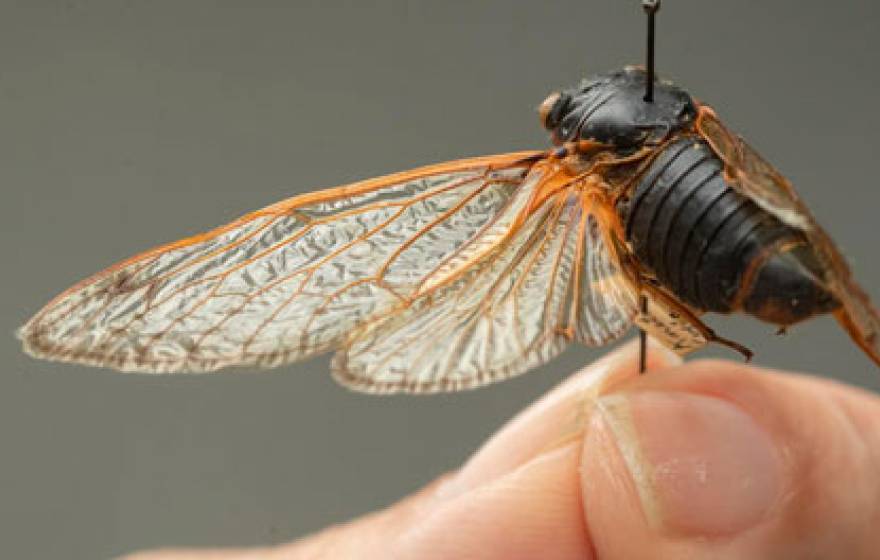Forty with ties to the University of California recognized by the magazine as young leaders in their fields.
UC rising stars make Forbes 30 Under 30 list
How the Purdue opioid settlement could help the public understand the roots of the drug crisis
The multibillion-dollar settlement will trigger the release of troves of documents that may shine new light on what caused the opioid crisis.
Using two CRISPR enzymes, a COVID diagnostic in only 20 minutes
Eliminating RNA amplification simplifies and speeds up assay for SARS-CoV-2 virus, making it ideal for point of care testing.
Continuing Darwin’s work on Galapagos Island
186 years after Darwin first described the Galapagos racer snake, Danielle Edwards seeks to rebuild their population by using DNA from one of his original samples.
Cats prefer to get free meals, rather than work for them
Most animals prefer to work for their food. Cats are a notable exception.
Turning tarantula venom into pain relief
Could modified venom from the Peruvian green velvet tarantula help end the opiod epidemic?
The parent trap
Antagonism toward motherhood dissuades women from pursuing academic science careers.
Space travel weakens our immune systems — now scientists may know why
As private citizens express interest in going to space, a late UCSF astronaut may have figured out an important riddle.
That song is stuck in your head, but it’s helping you to remember
‘Earworms’ are more than a passing nuisance. They help us preserve memory – for music and for life.
A new way to remove salts and toxic metals from water
Desalination can help meet growing water needs globally, but current techniques are limited. A new approach holds promise.
Genes that keep plants green: A discovery that can help us grow crops in a drought
Scientists have discovered genetic data that will help food crops like tomatoes and rice survive longer, more intense periods of drought on our warming planet.
Cicada explosion mystifies insect experts
The 17-year life cycle of this noisy insect is unique in the world.
